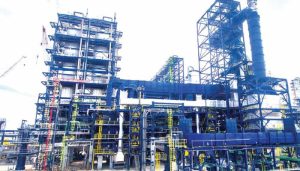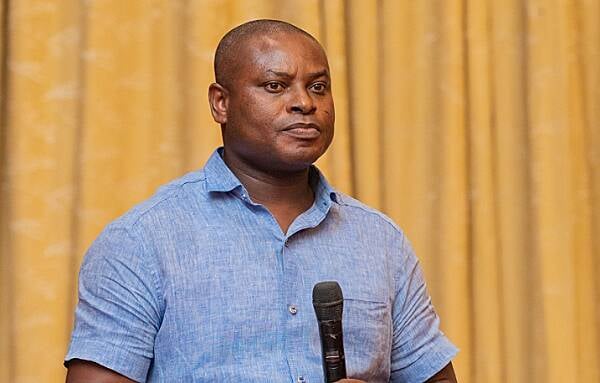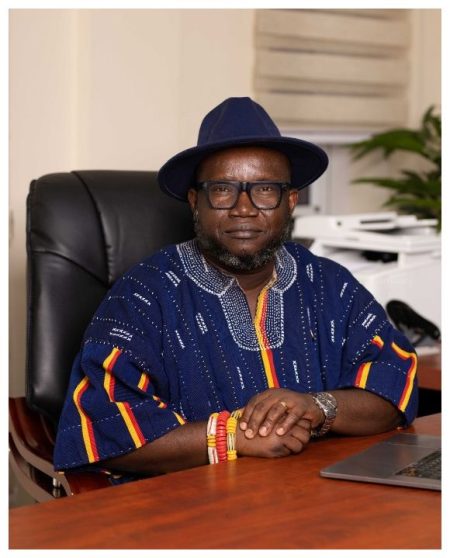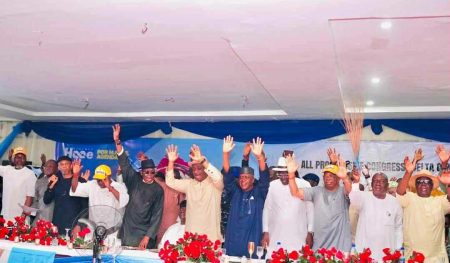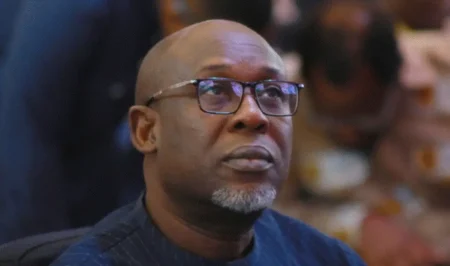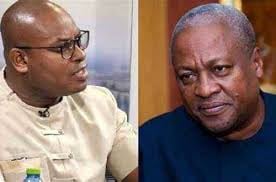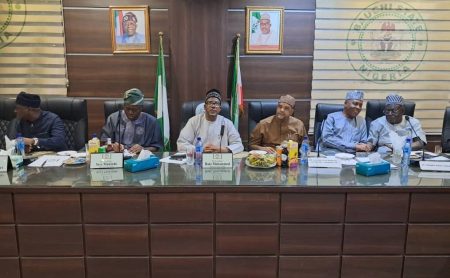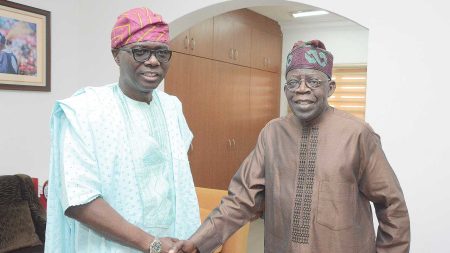Richard Ahiagbah, the National Communications Director of the New Patriotic Party (NPP), has issued a stark warning to the Ghanaian populace, predicting a future fraught with broken promises and economic hardship under the leadership of President John Dramani Mahama and the National Democratic Congress (NDC). Ahiagbah’s cautionary statement stems from the recent passage of the Energy Sector Levies (Amendment) Bill, 2025, which introduces a GHS1 levy on each litre of fuel. This new tax, dubbed the “D-levy” by Ahiagbah, is seen as a direct contradiction of the NDC’s pre-election pledge to eliminate nuisance taxes, a promise central to their campaign platform. Ahiagbah contends that this levy places a heavier financial burden on Ghanaians than the controversial E-levy implemented by the previous NPP administration, a tax the NDC vehemently opposed and vowed to repeal upon assuming power.
The newly implemented fuel levy, according to the government, is intended to address the mounting debt within the energy sector. However, Ahiagbah dismisses this justification, arguing that the levy serves as a smokescreen, concealing inefficiencies and potential corruption within the Electricity Company of Ghana (ECG). He posits that instead of imposing additional taxes on citizens, the government should prioritize addressing the root causes of the energy sector’s financial woes. Ahiagbah criticizes the government’s approach as a superficial solution, opting for the easier path of taxation rather than tackling the more complex issues plaguing the ECG. He suggests that a more responsible and effective approach would involve confronting the inefficiencies head-on and implementing reforms to improve the company’s performance.
Ahiagbah’s accusations highlight a recurring theme in Ghanaian politics – the dissonance between campaign promises and post-election realities. The NDC’s campaign promise to alleviate the tax burden on Ghanaians now stands in stark contrast to their implementation of the D-levy, a move that seemingly exacerbates the very issue they pledged to resolve. This apparent contradiction fuels public skepticism about the government’s commitment to its pre-election pledges and reinforces the perception of political expediency trumping genuine concern for the welfare of the citizenry. The situation underlines the importance of holding political parties accountable for their promises and scrutinizing their actions once in power.
The introduction of the D-levy has significant implications for the Ghanaian economy and the financial well-being of its citizens. The increased cost of fuel is likely to have a ripple effect throughout the economy, impacting transportation costs, the prices of goods and services, and ultimately, the cost of living for ordinary Ghanaians. This added financial burden could disproportionately affect low-income households, who already struggle with the rising cost of essential commodities. The government’s justification for the levy, while seemingly aimed at addressing a critical issue within the energy sector, risks exacerbating economic hardship for a significant portion of the population.
Ahiagbah’s critique extends beyond the immediate impact of the D-levy, raising concerns about the government’s overall approach to governance. He suggests that the decision to implement the levy reflects a pattern of prioritizing short-term solutions over addressing systemic issues. This approach, he argues, not only fails to resolve the underlying problems but also creates further complications down the line. By opting for the seemingly simpler route of increasing taxes, the government risks perpetuating a cycle of financial instability and eroding public trust.
The ongoing debate surrounding the D-levy underscores the complex challenges facing Ghana’s energy sector and the difficult choices facing the government. While the need to address the sector’s financial woes is undeniable, the approach taken by the government has sparked controversy and raised questions about its long-term effectiveness. The situation calls for a comprehensive and transparent assessment of the energy sector’s challenges and a more inclusive approach to finding solutions that balance the need for financial stability with the welfare of the Ghanaian people. The government must engage in open dialogue with all stakeholders, including opposition parties and civil society organizations, to develop sustainable solutions that address the root causes of the energy sector’s problems and ensure a more equitable distribution of the burden.


